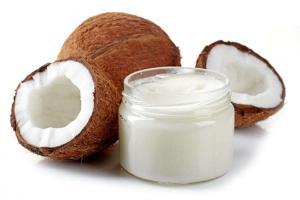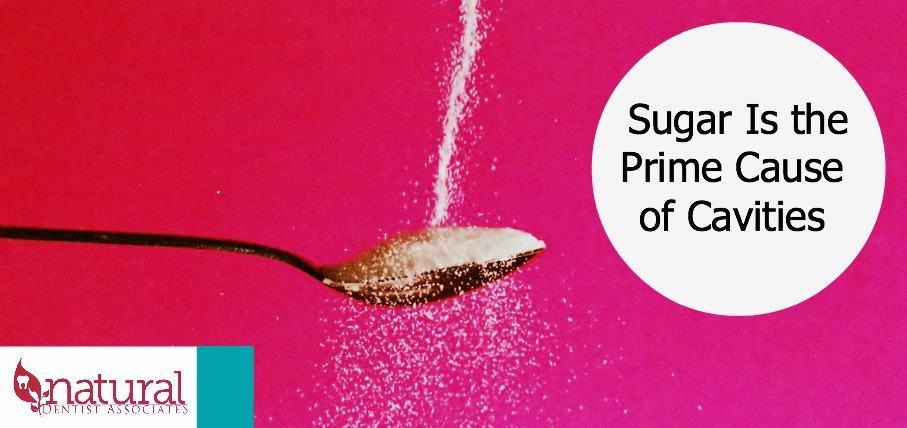Coconut Oil? Really?
Yes, really. The practice of using Coconut Oil to clean and keep one’s teeth healthy is an Indian folk remedy that dates back thousands of years. Recent studies have confirmed the wisdom of this ancient practice.
What does Coconut Oil do that helps teeth?
Coconut Oil Pulling benefits the teeth and mouth in a few different ways. The Coconut Oil removes bacteria from the teeth and gums. This is the same bacteria that causes ‘morning breath’ for some people, so users of Oil Pulling often benefit. Oil Pulling also helps whiten teeth by sealing the tooth’s pores. This helps keep your teeth from getting new stains, such as from coffee or wine.
Does Coconut Oil Pulling cure dental cavities?
Yes and no. It will reverse the effects of dental decay in the enamel layer of the tooth, but once bacteria has infected the next layer of the tooth, the tooth will require treatment by a dentist.
Is a special type of Coconut Oil needed?
No. Any type of virgin Coconut Oil available at your grocery store should be fine. Some Report better results with Organic Coconut Oil.
How do I perform Coconut Oil Pulling?
Advocates of Coconut Oil Pulling often recommend swishing a spoonful of Coconut Oil in the mouth every day for twenty minutes. Many of our patients don’t have enough time for that sort of daily time investment, however. We’ve found that even just a few minutes of Coconut Oil swishing per day can achieve surprisingly effective results.

